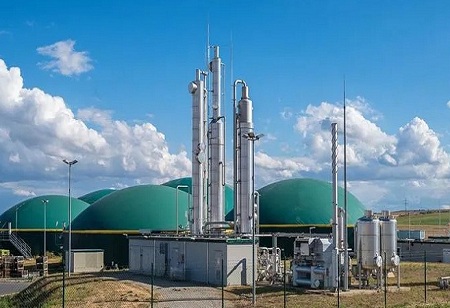
Mahanagar Gas Limited, a city gas distribution firm, and the Brihanmumbai Municipal Corporation (BMC) will collaborate to build a compressed biogas (CBG) plant in Mumbai. The CBG plant, which can process up to 1000 tonnes of segregated food and vegetable waste per day (TPD), would be built on a plot of land that BMC would supply. Hotels, restaurants, banquet halls, and sizable vegetable markets/mandis in the city will all be contacted to dispose of their garbage, also known as CBG feedstock. BMC will oversee the collection, sorting, and delivery of the daily supply of necessary feedstock for the CBG plant using specialised vehicles.
"We are looking to achieve nine of the Sustainable Development Goals (SDGs) through it, including producing clean energy, mitigating the effects of climate change, reducing poverty, and increasing employment," said Ashu Shinghal, Managing Director of Mahanagar Gas Limited. By taking this action, we want to work with Mumbai to create a future that is healthier and greener.
Once finished, the biogas plant will serve as a facility for the production of green fuel, organic fertiliser, and biomass waste treatment, offering a three-in-one solution. The plant's compressed biogas output will be used up within BMC guidelines. Municipal trash, sugarcane press mud, and agricultural waste are all decomposed anaerobically to form CBG. Green hydrogen made from CBG is also being studied as a potential replacement for piped natural gas for household usage.
The government started the programme to increase CBG production and availability as a substitute and reasonably priced clean fuel for transportation in October 2018. By the financial year 2023–2024, 5,000 CBG plants were planned to be installed. Up to 60% of the methane, 40–45% of the carbon dioxide, and traces of hydrogen sulphide are found in the biogas produced.
We use cookies to ensure you get the best experience on our website. Read more...